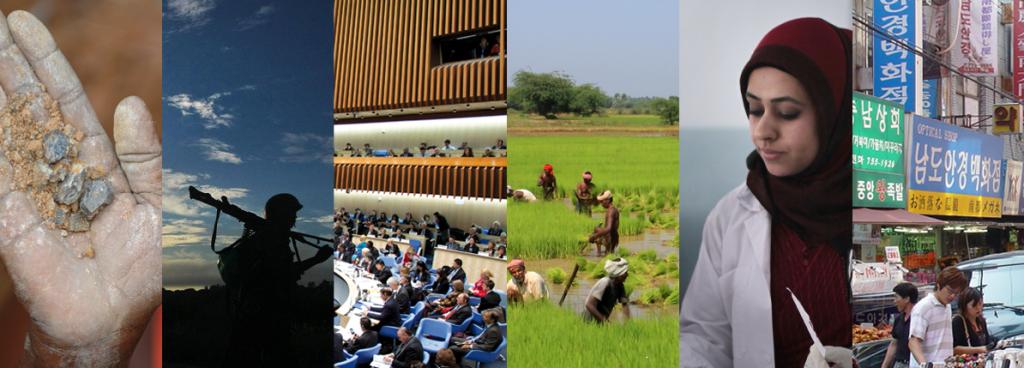Abstract
My PhD thesis asks how to contend with the image and notion of an ultimate frontier. More than a century of military, scientific, adventure, scholarship, documentary and tourism, more recently, shaped the dominant perception of Eastern Afghanistan as exceptionally remote. In this framework, the Afghan Pamirs and their inhabitants stand as if out of time, because visibly out-of-the-way. The image of endangered Kyrgyz nomads trapped in place and time by modernity’s vicissitudes is not just source of local fame and legend. Rooted into global frontier imaginaries, the image extends beyond. Through the study of three central movements of daily life in the Afghan Pamirs – borderland trade, pastoral rhythms and migration events – I follow the mobilisation effects of this particular image of remoteness and the power relations it translates.
About the Speaker
Tobias Marschall is a visual anthropologist. His thesis considers how an image of remoteness is refracted along migration routes in eastern Afghanistan. Between 2015 and 2019, he grounded his visual ethnography in walking paths of the Afghan Pamirs, in attending migrants’ Central Asian nodes and in participating to their online extension. He published on endangerment, remoteness and infrastructure in three refereed papers. Besides academic activities, he co-produces a feature-length documentary film on tourism, regularly answers queries on the humanitarian situation in Eastern Afghanistan and conducted two mandated studies on the costs of war and the impact of German official development assistance in Afghanistan.




